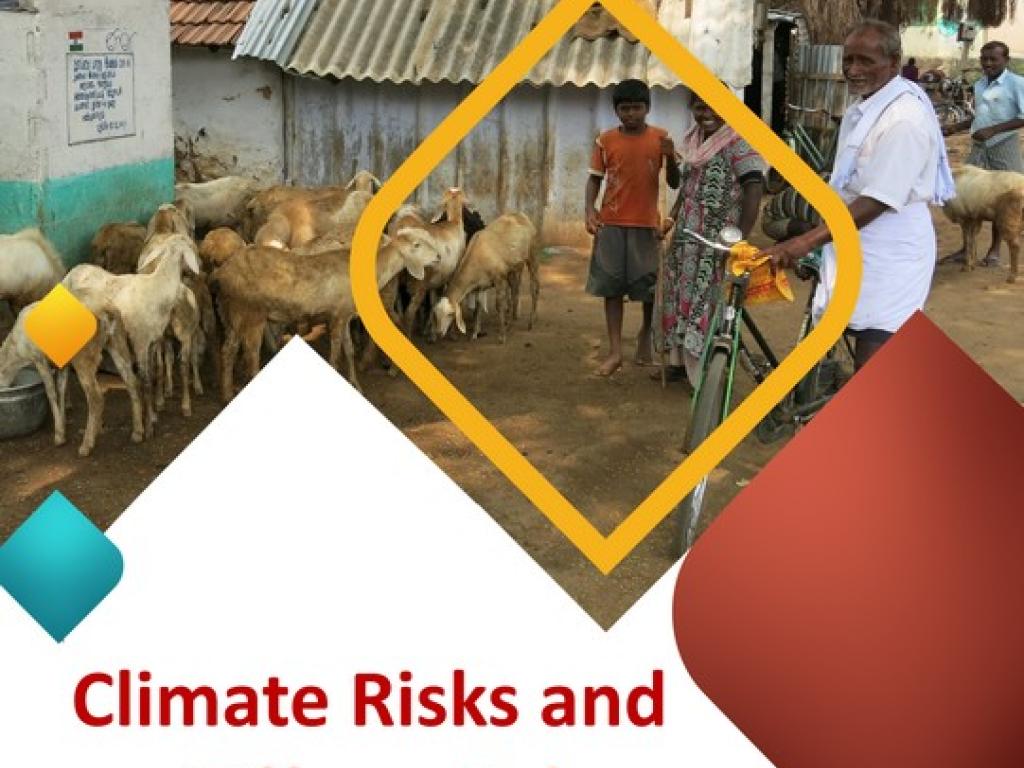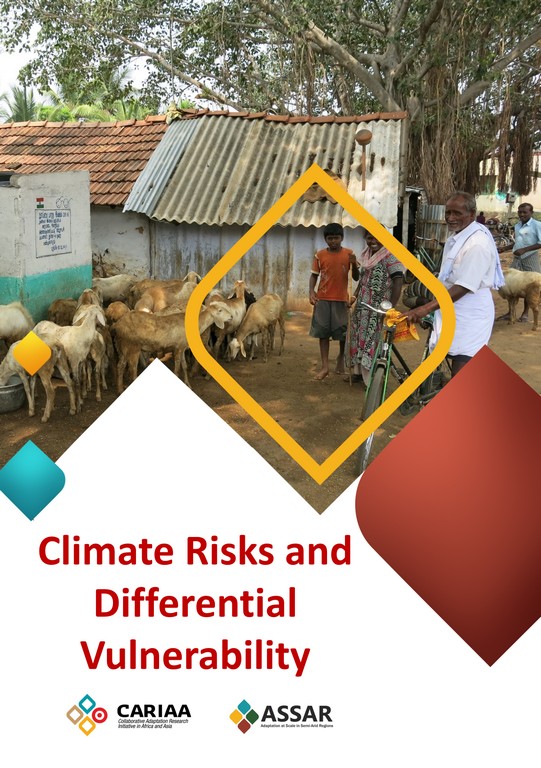Identifying Climate Risks and Assessing Differential Vulnerability of Communities in Ahmednagar and Aurangabad Districts of Maharashtra

By Marcella D'Souza, K. Bhavana Rao, Suchita Awasthi, Divya Nazareth and Ramkumar Bendapudi
Click image to download the paper
Written by members of ASSAR from the Watershed Organisation Trust (WOTR), this working paper presents an example of how agricultural practices in rural Maharashtra, India have been – and continue to be – transformed in response to changing climates and additional stresses brought on by non-climatic aggravators.
Using a community-engaging vulnerability assessment tool to evaluate the climate risks and vulnerabilities of different social groups, the WOTR team found that caste and community had important bearings on people’s livelihoods, approaches to agriculture, and resource access – all of which affected their vulnerability. In addition to offering guidance on important things to consider when designing and implementing vulnerability assessments, the insights from this work can be used to inform adaptation and mitigation policies and practices, and ensure that they help to build the adaptive capacities of different groups of people.
